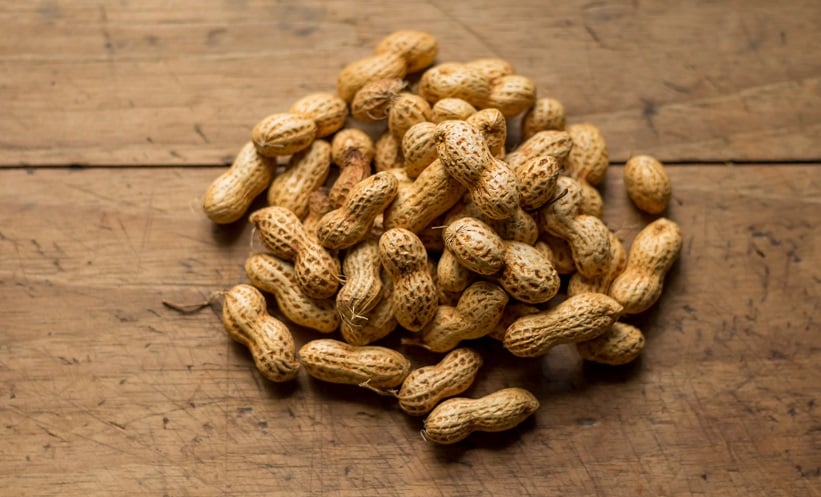PEANUT ALLERGY in children is a common and dangerous chronic condition, affecting almost 1.5 million of the United States’ population aged 17 and younger. New research from the National Institute of Allergy and Infectious Diseases (NIAID)-funded IMPACT trial has emerged, indicating that exposure to peanut oral immunotherapy in 1- to 3-year-olds with severe peanut allergies can desensitise this reaction safely.
Led by Anthony S. Fauci, Director of NIAID, this clinical trial used daily oral doses of peanut flour over a period of 2 and a half years. Researchers hypothesised that continued exposure to this specific immunotherapy while the immune system is maturing could alter a child’s reaction to peanuts. The randomised, double–blind IMPACT trial saw 150 participants made up of highly peanut–allergic children aged 1 to 3. The children randomly received either peanut protein flour, or a placebo.
The dose of peanut protein was gradually increased each day over a 30-week period up to 2 grams, equivalent to six peanuts, and participants continued to consume this daily dose for 2 years. Treatment continued in the form of an ‘oral food challenge’, in which children received increasing doses of peanut protein up to a total of 5 grams. Following this, peanut exposure was halted for 6 months. The final stage of the trial saw participants repeat this oral food challenge, with subsequent exposure to 8 grams of peanut protein a few days later to confirm the absence of a reaction.
A desensitised reaction to peanuts was defined as having no allergic reaction to the oral food challenge, in which participants consumed 5 grams of protein. Seventy-one percent of children in the IMPACT trial who were exposed to peanut protein were desensitised to peanuts, compared with 2% of those given the placebo. Following the six-month period of peanut negation, 21% of exposed participants completed the second oral food challenge with no allergic reaction.
Following post-trial analyses, Fauci and researchers concluded that the age of a child and their levels of peanut-specific immunoglobulin-E could predict remission. Seventy-one percent of 1-year-olds achieved remission, whereas only 19% of 3-year-olds successfully experienced remission, presenting an inverse relationship. Although one adverse reaction was observed in each child throughout the trial, only 21 children required epinephrine administration. Fauci explained: “The landmark results of the IMPACT trial suggest a window of opportunity in early childhood to induce remission of peanut allergy through oral immunotherapy.”






